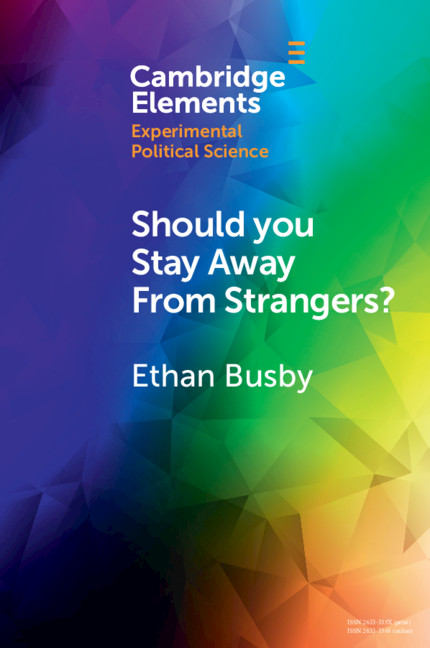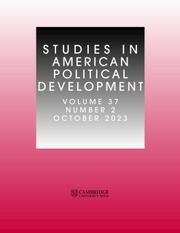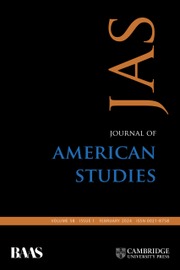Elitism versus Populism
Critics of populism and advocates of elitist democracy often place greater confidence in political elites than in the general public. However, this trust may be misplaced. In five experiments with local politicians, state legislators, and members of the public, the author finds a similar willingness across all groups to entrench their party's power when given the opportunity – a self-serving majoritarianism that transcends partisan lines. This tendency is strongest among committed ideologues, politicians running in highly competitive districts, and those who perceive opponents as especially threatening. Local elected officials even appear more focused on securing their party's next presidential victory than on opposing bans against their political rivals. These findings challenge the conventional mass/elite dichotomy, revealing little differences in undemocratic attitudes. Safeguarding democracy likely requires shifting focus from those individual attitudes to strengthening institutional restraints against majority abuses. This title is also available as Open Access on Cambridge Core.
Product details
May 2025Adobe eBook Reader
9781009546911
0 pages
This ISBN is for an eBook version which is distributed on our behalf by a third party.
Table of Contents
- 1. 'Use My Words against Me'
- 2. Democratic Elitism versus Populism
- 3. Elites are not more principled than the public
- 4. How ideology, electoral competition, and perceived threat undermine politicians' principles
- 5. Acquiescence to authoritarian policies
- 6. Democrats and Republicans dislike each other, but are equally self-serving
- 7. 'How did that happen?'
- References.










